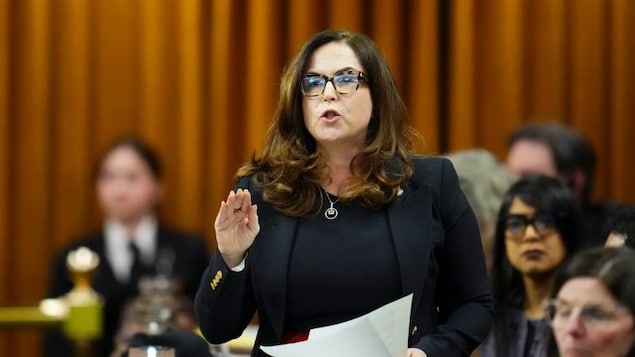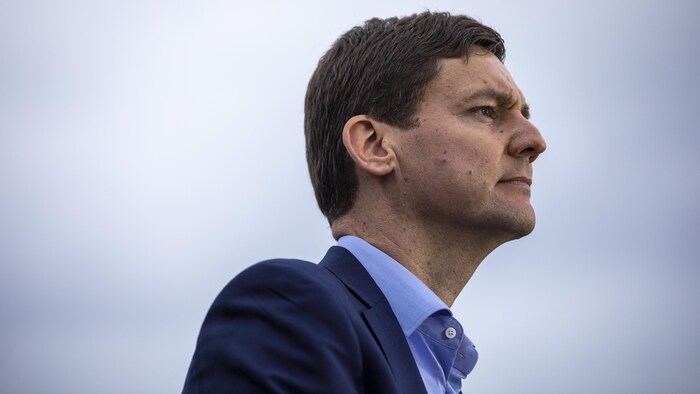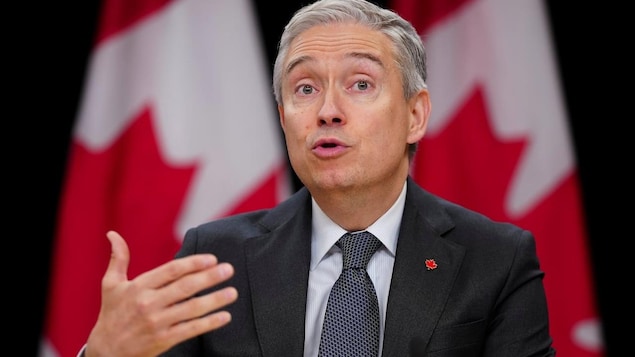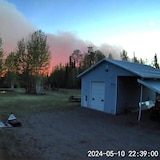- Home
- Politics
Ottawa approves B.C.’s request to recriminalize use of illicit drugs in public spaces

Mental Health and Addictions Minister Ya'ara Saks rises during question period in the House of Commons on Parliament Hill in Ottawa on Monday, April 29, 2024. (The Canadian Press/Sean Kilpatrick)
Photo: La Presse canadienne / Sean Kilpatrick
B.C. Premier David Eby asked for an adjustment to the province's decriminalization program late last month
Minister of Addictions and Mental Health Ya'ara Saks said Tuesday the federal government has approved the B.C. government's request to recriminalize the use of illicit drugs in public spaces.
The province is just over a year into a pilot program that allows adults to carry up to 2.5 grams of drugs for personal use without facing criminal charges. The program was made possible through an exemption granted by Health Canada under the Controlled Drugs and Substances Act.
B.C. Premier David Eby asked nearly two weeks ago for an adjustment to the exemption order to recriminalize the use of those drugs in public spaces, such as hospitals and restaurants.
Saks told reporters outside the House of Commons that she has approved the request and it will take effect immediately.
We've moved forward with B.C. on this with a clear lens on public health and public safety, because we know that we need to address the opioid crisis and the overdose deaths that we're seeing as a public health issue,
she said.
That being said, communities need to be safe.

B.C. Premier David Eby speaks during an announcement in Delta, B.C., on February 16, 2024.
Photo: Radio-Canada / Ben Nelms/CBC
The pilot, which began in January of last year, is part of B.C.'s response to the public health emergency declared eight years ago in response to a rise in deaths from toxic, illicit drugs.
More than 14,000 people have died since the emergency was declared in 2016, largely due to the opioid fentanyl.
By reducing the stigma associated with drug use, officials say they hope to provide better access to lifesaving care along with a less deadly safe supply.
Concerns about public safety
But this approach has come with criticism about a lack of guardrails.
On April 15, Vancouver Police Deputy Chief Fiona Wilson testified at a House of Commons health committee hearing about how the pilot is limiting police response to problematic public drug use, including inside hospitals and at bus stops.
In the wake of decriminalization, there are many of those locations where we have absolutely no authority to address that problematic drug use, because the person appears to be in possession of less than 2.5 grams,
Wilson said.
So, if you have someone who is with their family at the beach, and there's a person next to them smoking crack cocaine, it's not a police matter.
When asked Tuesday if the government should consider going further and by completely scaling back the program, Saks argued that the government has not made hard drugs legal.
Decriminalization is about ensuring that people don't have to face stigma and actually go to get help,
she said.
Darren Major (new window) · CBC News




